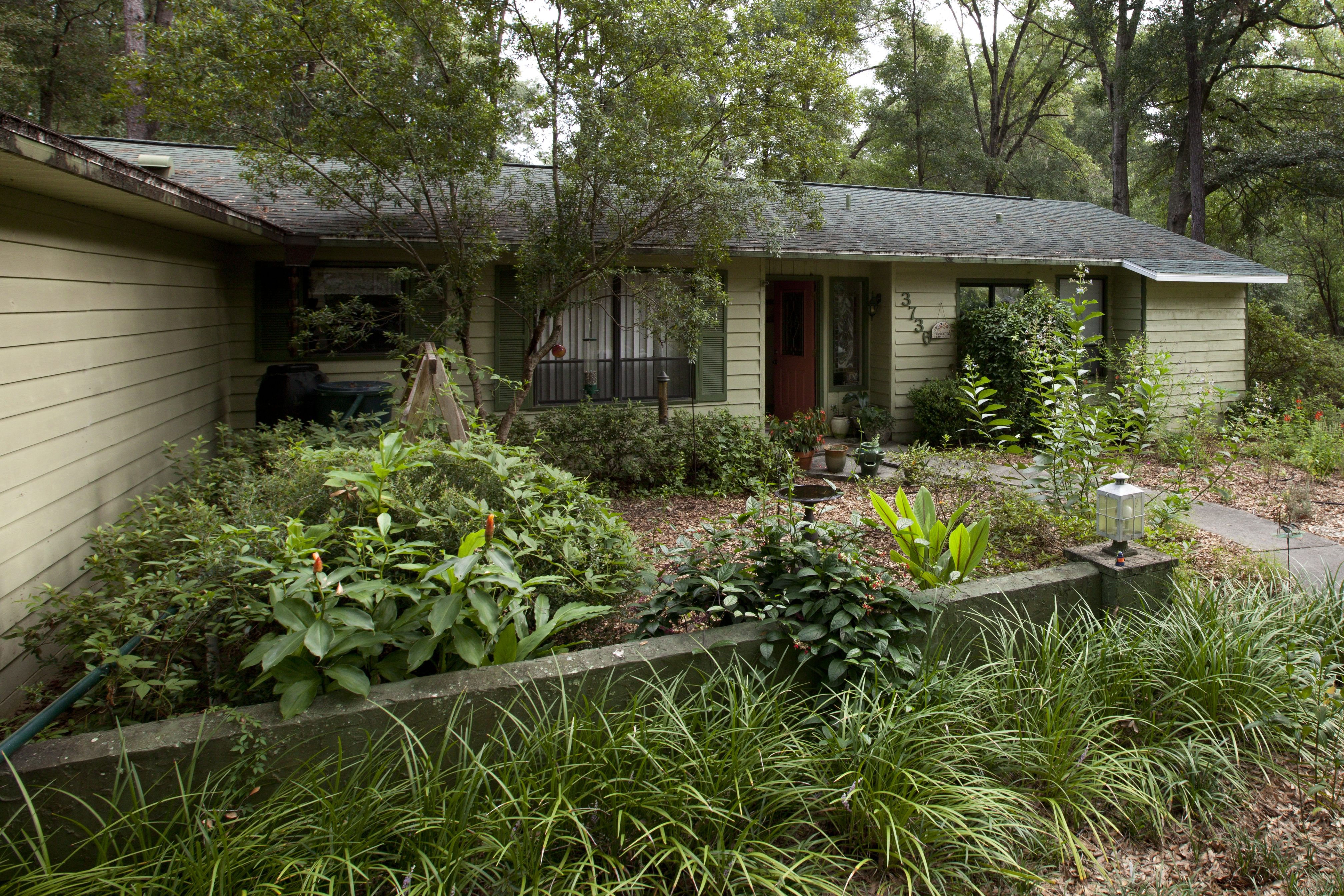Abstract
In the United States, the green industry is a billion-dollar sector that generates millions of employment opportunities annually. Green industry professionals, homeowners, and renters all play important roles in deciding how to design and maintain urban and residential landscapes. Decades of research have shown a need to accommodate wildlife and pollinator conservation efforts in urbanized landscape design and maintenance. The studies summarized in this publication were designed to evaluate the perceptions of green industry professionals and consumers regarding wildlife-friendly landscape maintenance practices to develop insights for future landscape conservation efforts that protect wildlife in Florida’s and the US’s rapidly expanding urban areas. This publication is intended for program planners, educators, Extension agents, green industry professionals, policymakers, and researchers working to promote pollinators and biodiversity in urban and residential landscapes.
References
Behe, B. K., Campbell, B., Dennis, J., Hall, C., Lopez, R., & Yue, C. (2010). Gardening consumer segments vary in ecopractices. HortScience, 45(10), 1475–1479. https://doi.org/10.21273/HORTSCI.45.10.1475
Campbell, B., Khachatryan, H., & Rihn, A. (2017). Pollinator-friendly plants: Reasons for and barriers to purchase. HortTechnology, 27(6), 831–839. https://doi.org/10.21273/HORTTECH03829-17
Grebitus, C., Printezis, I., & Printezis, A. (2017). Relationship between consumer behavior and success of urban agriculture. Ecological Economics, 136, 189–200. https://doi.org/10.1016/j.ecolecon.2017.02.010
Hall, D. M., & Martins, D. J. (2020). Human dimensions of insect pollinator conservation. Current Opinion in Insect Science, 38, 107–114. https://doi.org/10.1016/j.cois.2020.04.001
Kalauni, D., Warner, L. A., Diaz, J. M., Daniels, J., Dale, A., & Marois, E. (2023b). Formative audience research to increase consumer demand for professional wildlife-friendly landscape maintenance. Urban Forestry & Urban Greening, 90, 128152. https://doi.org/10.1016/j.ufug.2023.128152
Kalauni, D., Warner, L. A., Silvert, C. J., Gusto, C., Diaz, J. M., & Daniels, J. (2023a). Green industry experts’ consensus about wildlife-friendly landscape maintenance: Delphi-informed implications for agricultural and Extension educators. Journal of Agricultural Education, 64(3), 109–134. https://doi.org/10.5032/jae.v64i3.115
Silvert, C. J., Gusto, C., Warner, L. A., Diaz, J. M., & Mallinger, R. E. (2023). How can residents protect and promote pollinators? The diffusion of residential pollinator-friendly gardening. Journal of Environmental Management, 345, 118877. https://doi.org/10.1016/j.jenvman.2023.118877
van Heezik, Y., Freeman, C., Davidson, K., & Lewis, B. (2020). Uptake and engagement of activities to promote native species in private gardens. Environmental Management, 66(1), 42–55. https://doi.org/10.1007/s00267-020-01294-5
Warner, L. A., Silvert, C., Diaz, J. M., Gusto, C., & Mallinger, R. (2023). Barriers and opportunities for pollinator gardening in homeowners’ associations: Pollinator gardening in homeowners’ associations. EDIS, 2023(3). https://doi.org/10.32473/edis-WC430-2023
Yue, C., Hurley, T., & Anderson, N. O. (2012). Heterogeneous consumer preferences for native and invasive plants: Evidence from experimental auctions. HortScience, 47(8), 1091–1095. https://doi.org/10.21273/HORTSCI.47.8.1091

